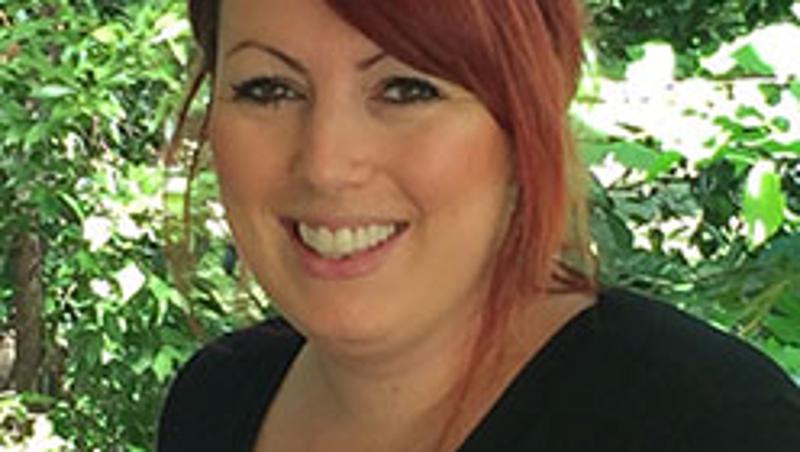
Cultural "lore" outweighs criminal law when Indigenous drivers in regional and remote communities get behind the wheel drunk, a new study by QUT has found.
Michelle Fitts, from QUT's Centre for Accident Research & Road Safety - Queensland (CARRS-Q), said the decision to drink drive was not necessarily made in disregard for criminal law but rather to meet cultural obligations.
As part of her PhD, Ms Fitts explored the motivations that influence Indigenous people to drink drive in regional and remote communities through one-on-one interviews with convicted repeat drink drivers and developed a community-focused drink driving pilot program.
"What my study found was that at the time of getting behind the wheel, the majority of Indigenous drink drivers were adhering to kinship obligations - that is doing what they have been asked by a more senior family member," she said.
"It was clear that the responsibility for transporting family seems to be extremely difficult to avoid.
"For example, one participant recounted an instance when he was asked to drive after drinking on the evening of the day he had been sentenced to parole from his most recent drink driving offence.
"I said to them 'no I'm not driving'. They asked me about four times. I said 'no'. They said 'come on there are no cops'.
"This begs the question about the kinds of challenges Indigenous people face to balance behaviour that is against the law versus complying with strong kinship obligations reflecting cultural values or the 'lore'.
"To go against lore has serious social implications including risk of immediate intimidation or violence and isolation or marginalisation from family in the longer term."
Ms Fitts said drink driving among Indigenous communities was a serious public health issue because Indigenous Australians were three times more likely to be involved in a serious or fatal road crash compared to the rest of population.
"The problem is drink driving programs in Australia have underestimated the significance cultural factors can play in both perpetrating and treating drink driving among Indigenous people," she said.
"While there are numerous drink driving programs, few consider Indigenous culture and all treat drink driving as an individual phenomenon rather than a community or social issue."
Ms Fitts also developed a drink driving program for regional and remote Aboriginal and Torres Strait Islander communities, which was piloted in two communities in Far North Queensland (Cairns & Cape York) and one regional centre in northern NSW (Clarence Valley).
She said this program was different from other drink driving programs because it replaced "individual blame" with shared community responsibility.
"It wasn't just about the drink driver. We invited family members, drug and alcohol workers and community elders to take part," she said.
"Collectively the participants were encouraged to share their stories in their own way.
"We wanted the community to take ownership of drink driving rather than just the person who was caught."
Ms Fitts said feedback from the pilot program had shown there was strong support for a community-focused approach to drink driving.
"We know that it's not going to be easy to change the community perception and attitudes towards drink driving in Indigenous communities but getting the community on board is the first step in achieving effective change," she said.
The final report from the study, funded by the National Drug Law Enforcement Research Fund, is available at http://ndlerf.gov.au/publications/monographs/monograph-55
Ms Fitts said CARRS-Q was looking for funding so that the drink driving program could be rolled out widely.
The study was supported by James Cook University.
Media contact:
Sandra Hutchinson, QUT Media (Tue, Wed), 07 3138 9449 or media@qut.edu.au
After hours, Rose Trapnell, 0407 585 901


